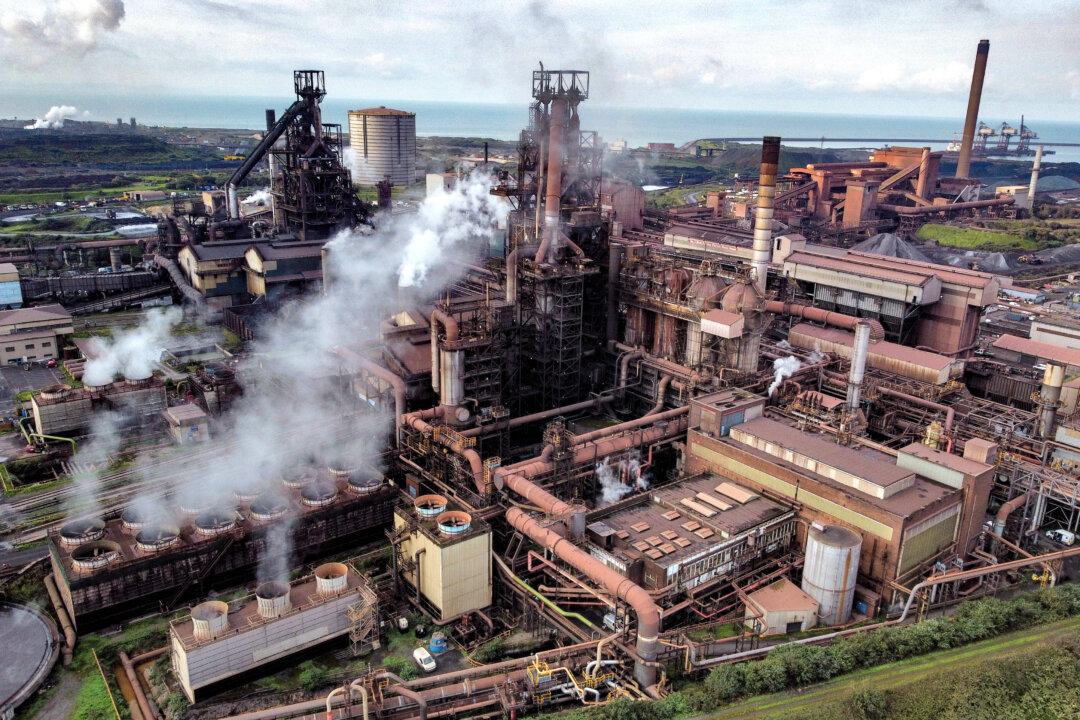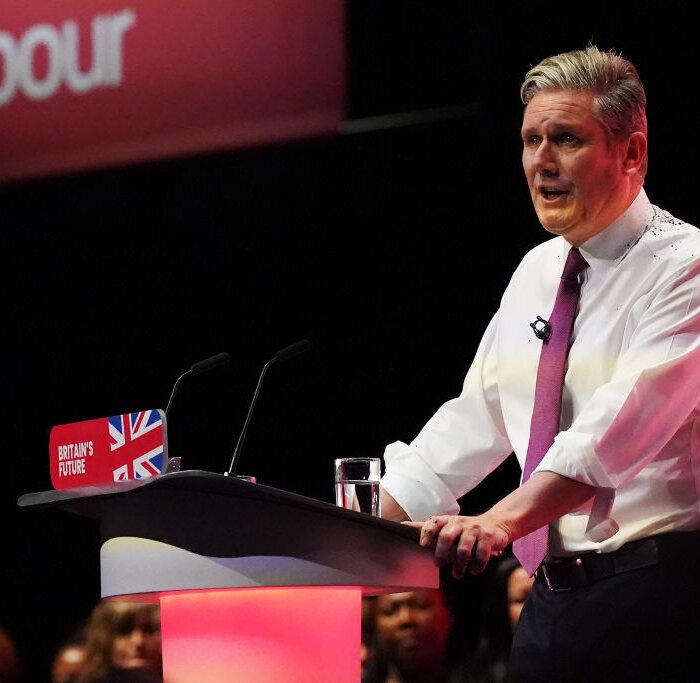Britain will become the only country in the developed world which cannot produce steel from scratch after Tata Steel confirmed plans to close blast furnaces at its steelworks in the Welsh town of Port Talbot, with the loss of more than 3,000 jobs.
Tata said 2,800 jobs would go over the next 18 months as the blast furnaces close down, with another 300 to be lost in the long-term.
In a statement on Friday, the company said, “Tata Steel today announced it will commence statutory consultation as part of its plan to transform and restructure its UK business.”
“This plan is intended to reverse more than a decade of losses and transition from the legacy blast furnaces to a more sustainable, green steel business,” it added.
“The transformation would secure most of Tata Steel UK’s existing product capability and maintain the country’s self-sufficiency in steelmaking, while also reducing Tata Steel UK’s CO2 emissions by five million tonnes per year and overall UK country emissions by about 1.5 percent,” the statement concluded.
Scunthorpe Already Undergoing Transition
But dozens of steelworks around the country have closed down in the past 70 years and aside from Port Talbot, Britain’s only other blast furnaces, at Scunthorpe, have already been earmarked for closure.Both Port Talbot and Scunthorpe are due to transition to the production of recycled steel from electric arc furnaces, which produce far fewer emissions and conform with global net zero targets.
Britain will now become the only G20 country which cannot make steel from raw materials, and will lead to a huge increase in steel imports from China and elsewhere.
Tata’s Port Talbot steelworks were not able to compete with cheap steel from China and Germany and the company was reportedly losing £1 million a week.
Under Tata’s plan the first blast furnace in Port Talbot will close in the summer and the other assets will wind down during the second half of the year.
Tata Steel said it aimed to introduce electric arc furnace technology in Port Talbot to, “secure long-term, high-quality production.”
Unions Furious at Tata and Government
Trade unions reacted angrily to news of the closure by Tata Steel.A joint statement by the GMB and Community unions said: “More than 3,000 jobs and the future of British steelmaking is at stake. It is an absolute disgrace that Tata Steel and the UK government appear intent on pursuing the cheapest instead of the best plan for our industry, our steelworkers and our country.”
“It’s unbelievable any government would give a company £500 million to throw 3,000 workers on the scrapheap, and our government must re-evaluate its miserly offer to support investment at Tata Steel,” the statement added.
It went on: “The German, French and Spanish governments are all committing billions to secure the future of their strategically important steel industries, and our government must show similar ambition.”
“It is encouraging that the Labour Party have reaffirmed their commitment to the £3 billion Green Steel Fund, and using it to supporting a just transition at Tata Steel UK.”
Tata Steel’s chief executive and managing director, T. V. Narendran, said, “The course we are putting forward is difficult, but we believe it is the right one.”
He said: “Having invested almost £5 billion in the UK business since 2007, we must transform at pace to build a sustainable business in the UK for the long-term.”
“We will continue our work with the UK and Welsh governments, trade unions and the community to help those who may be affected through the proposed transition,” concluded Mr. Narendran.







